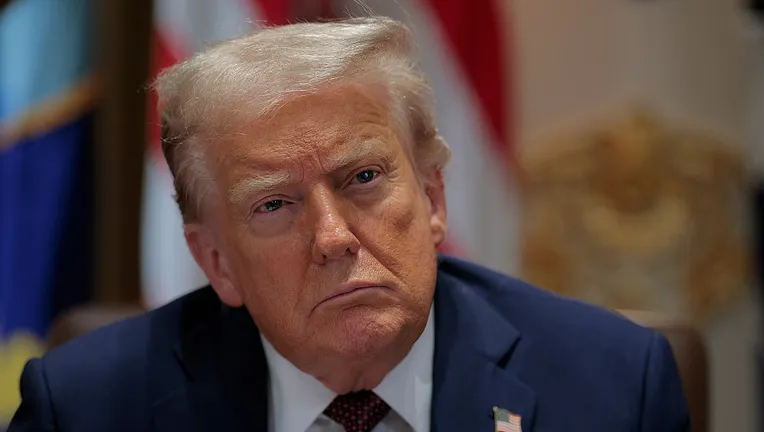On August 31, 2025, President Donald Trump announced on Truth Social his plan to issue an executive order requiring voter identification for all U.S. elections, stating there would be “NO EXCEPTIONS!” This move builds on his ongoing efforts to reform the nation’s electoral system and includes plans to limit mail-in voting to only seriously ill individuals and military personnel overseas, while pushing for exclusive use of paper ballots.
This proposal follows Trump’s March 2025 executive order, which mandated proof of citizenship for voter registration and required ballots to be received by Election Day, with non-compliant states risking loss of federal funding. That order instructed agencies like the Department of Homeland Security and the Social Security Administration to share data to identify potential non-citizens on voter rolls. However, in April 2025, U.S. District Court Judge Colleen Kollar-Kotelly struck down parts of that order related to voter ID, arguing that the Constitution grants election regulation authority to Congress and the states, not the president.
The new voter ID mandate could impact millions, especially in states where photo ID is not currently required. Trump’s decision to pursue an executive order suggests he is bypassing Congress, where Republicans are pushing the Safeguard American Voter Eligibility Act to enforce similar citizenship proof requirements. Federal elections are managed by states, and voter ID laws vary widely—some states require photo ID, while others accept alternatives like signed affidavits. The Brennan Center for Justice estimates 21.3 million U.S. citizens lack easy access to proof of citizenship, raising concerns about disenfranchisement, particularly for married women whose birth certificates show maiden names, as seen in New Hampshire’s elections.
Trump’s announcement aligns with his repeated claims of widespread voter fraud and non-citizen voting, though experts confirm such cases are rare. He continues to falsely assert that the 2020 election was stolen due to fraud and advocates for paper ballots and hand counts, despite election officials noting these methods are slower, costlier, and less accurate. Public opinion, however, leans in favor of stricter rules. A Gallup poll before the 2024 elections showed 84% of Americans support voter ID and 83% back proof of citizenship for registration, with strong support among Republicans (98% for ID, 96% for citizenship), Independents (84% for both), and even a majority of Democrats (67% for ID, 66% for citizenship).
The proposal faces significant hurdles. Judge Kollar-Kotelly’s ruling against Trump’s earlier order underscored the president’s limited authority over election laws, and varying state regulations complicate a nationwide mandate. Critics warn of potential disenfranchisement, while supporters see it as vital for election integrity. If issued, this executive order will likely face immediate legal challenges and intensify debates over balancing voter access with election security.
